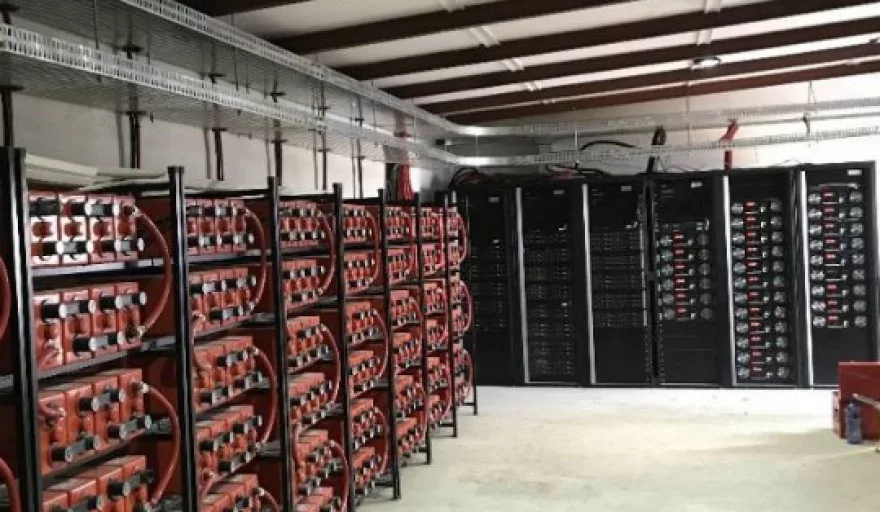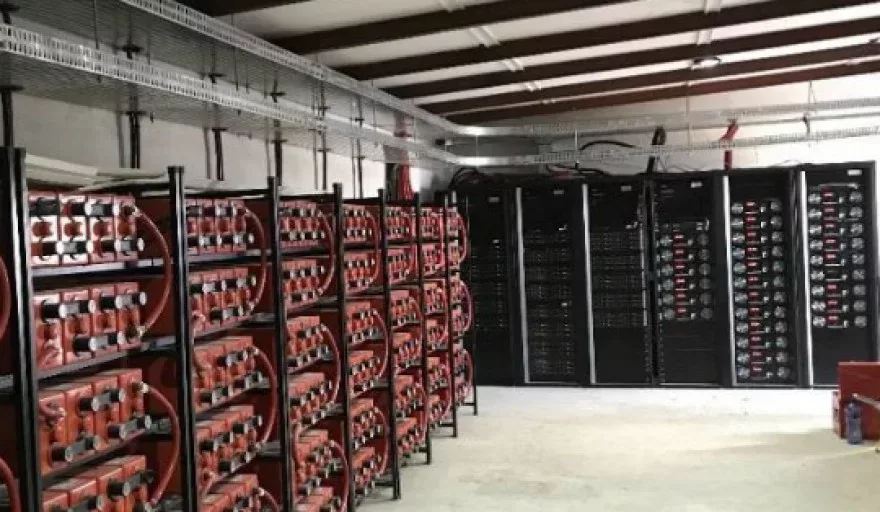
By Dr Thomas Hillig, THEnergy
Safari lodges are normally located in pristine nature, far away from civilisation. They are often not connected to the national grid and generate power on-site using diesel generators. Diesel power is flexible, but also has various disadvantages such as has high costs – partly due to transport – as well as significant ecological impacts comprising CO2 emissions, local hazardous exhaust gases, and noise. In solar-diesel hybrid applications, solar is combined with diesel generators for reducing diesel consumption.
And the new THEnergy-IPS report entitled: “Hybrid Solar Mini-grids for Remote Safari Lodges in Africa” shows that as a result, costs are reduced, and both noise and emission levels are improved.
Air conditioning, fans, fridges, freezers, dishwashers, washing machines, pumps, lighting, television, radio, phone and camera charging, and heating are among the main sources of energy consumption at safari lodges. Power is needed around the clock, with a peak during the middle of the day and in the early evening. Typical safari guests are rather demanding regarding stable electricity supply.
Although green efforts by safari lodges are supported, normally guests are not willing to accept restrictions. A reliable and robust power supply is a basic requirement for safari lodges with studies showing that it contributes to high customer satisfaction. Hybrid controllers or energy conversion units are the key components for efficiently synchronising the load with various power sources and energy storage, and will ensure a reliable power supply. In addition, solar power is often 50 percent (or more) cheaper than diesel power at remote safari locations.
The new paradigm in power generation will therefore make safari lodges more attractive for business customers. Solar-powered safari lodges are an ideal location for company events and lodges that are not situated remotely could provide some training material about their renewable energy solutions in manifesting a new market segment.
In general, for business customers, reliable power supply is even more important than for travellers. Typically, a good access to internet is key for many business activities while beamers and computers are needed during the day and air conditioning will be used more extensively. Additionally, daytime business consumption patterns fit perfectly the generation curve of solar electricity. The reliability aspect will subsequently be guaranteed mainly by the use of storage and intelligent control units.
“Our EXERON solution has been successfully used for military and telecom applications, two sectors with extremely high requirements regarding reliability”, explains Alexander Rangelov, CEO at IPS. “In addition, our customers honour our hot-swappable, plug & play approach, which saves significant costs during installations and for maintenance; particularly in remote locations.”
Power purchase agreements
The power demand of game reserves might change over time – for example through lodge extensions or when their vehicle fleet is electrified – but modular approaches allow for adding additional solar and storage capacity at a later stage. The share of renewable energy can be increased for fully powering lodges with solar or wind energy, plus storage, 24-seven. There is an excellent fit between safari lodges on the one hand, and solar and energy storage applications on the other.
For years, safari lodges tried out small-scale renewable energy applications. The first safari lodge operators like Wilderness Safaris, &beyond, Singita, and Kambaku have turned to powering their lodges with larger solar and storage solutions. The biggest off-grid installation can reach a size of more than 400kWp solar and 3.2MWh battery storage.
Reliable control and monitoring solutions like IPS’ EXERON have consequently triggered the interest of independent power producers (IPPs). The German consultancy works with several investors who are willing to build solar power plants near lodges. That means that the safari lodges do not have to invest their own money, but instead they will pay for electricity.
These new power purchase agreement (PPA)-based business models make solar energy even more attractive for the offtakers. Many safari companies do not consider power generation as a core competency and are not ready for this kind of long-term investment, but PPAs make solar more comparable to traditional diesel power generation. The electricity bill is paid month by month, rather than through a total sum beforehand in the form of an investment in power infrastructure.
Environmentally-conscious business travellers
The main obstacle for PPA approaches is the relatively small size of the investment. Financial transaction costs are proportionally high. The attraction is to supply solar solutions for the lodges of a certain lodge operator – at least for all properties in a specific country – but this aggregation of projects makes the investment exceed the minimum threshold.
Nevertheless, safari lodges are a very attractive target segment for solar and energy storage companies; for component manufacturers, installers, construction companies, engineering offices, and independent power providers. There is also chance for further differentiation beyond price.
By setting up solar demonstration centres, in-lodge, and by adhering to this trend, renewable energy companies can now begin thinking about assisting safari lodges to open up the new market segment of environmentally-conscious business travellers.
The full THEnergy-IPS report can be downloaded at: https://www.th-energy.net/english/platform-renewable-energy-on-islands/reports-and-white-papers/































